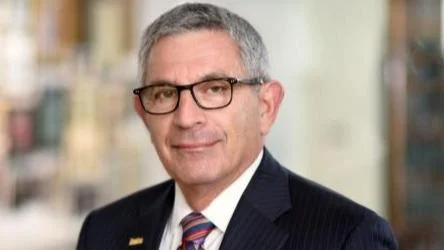
Doctors at Baylor College of Medicine have confirmed the safety and effectiveness of the portable Organ Care System (OCS), also known as "breathing lung" technology, in improving long-term survival for transplant patients. This advancement offers hope to those awaiting lung transplants by expanding the pool of donors whose lungs can be effectively used.
The new findings indicate that lungs from "Extended Criteria" donors—those not typically accepted for transplantation—show long-term results comparable to standard donors when using this technology. Previous studies had already shown improved short-term outcomes with extended criteria transplants.
The five-year follow-up study, published in The Lancet, tracked participants from the international EXPAND Lung Trial. This trial is the first prospective, multicenter clinical registry evaluating donor lungs considered increased risk due to factors outside standard acceptance criteria. These include older donors, those with lower oxygenation levels, and donations after circulatory death. Extended criteria donor lungs often face underutilization due to concerns about post-transplant outcomes.
Dr. Gabriel Loor, associate professor of surgery at Baylor and surgical director of the lung transplant program at Baylor St. Luke’s Medical Center, stated: “Donor lungs once seen as marginal can be safely used with this technology — expanding the donor pool without compromising outcomes.” He added that OCS Lung allows continuous blood and oxygen pumping during transport, extending travel time if necessary.
With OCS system use, five-year survival among recipients is 68%, with 60% surviving without severe chronic lung rejection. These results compare favorably to national averages for standard lung transplantation in the US.
“Our work not only supports the technology’s safety but also opens the door for broader, more equitable access to transplant," Loor said. He noted that while other similar devices are being tested elsewhere, OCS Lung is one of only two FDA-approved devices in its category in the US and is widely used.
Loor highlighted that this study marks a large-scale international evaluation focused on extended criteria donors: “While other studies have looked at similar devices in retrospective or single-center settings, this is the first large-scale, long-term evaluation.”
Researchers expect wider adoption of portable "breathing lung" devices as newer models are developed and cost-effectiveness improves.
“With Baylor now leading Texas in lung transplant volume and ranking among the top three centers nationally,” Loor remarked, “we’re proud to be part of shaping the future of transplant care.”
Other contributors to this study include Gregor Warnecke, Mauricio A. Villavicencio, Michael A. Smith, Xiang Zhou, Jasleen Kukreja, Abbas Ardehali, Matthew G. Hartwig, Mani Ali Daneshmand, Marshall I Hertz, Stephen J Huddleston, Axel Haverich Joren C Madsen Arne Neyrinck Dirk Van Raemdonck For a list of affiliations please see publication
Funding was provided by TransMedics Inc For disclosures associated with this study see publication